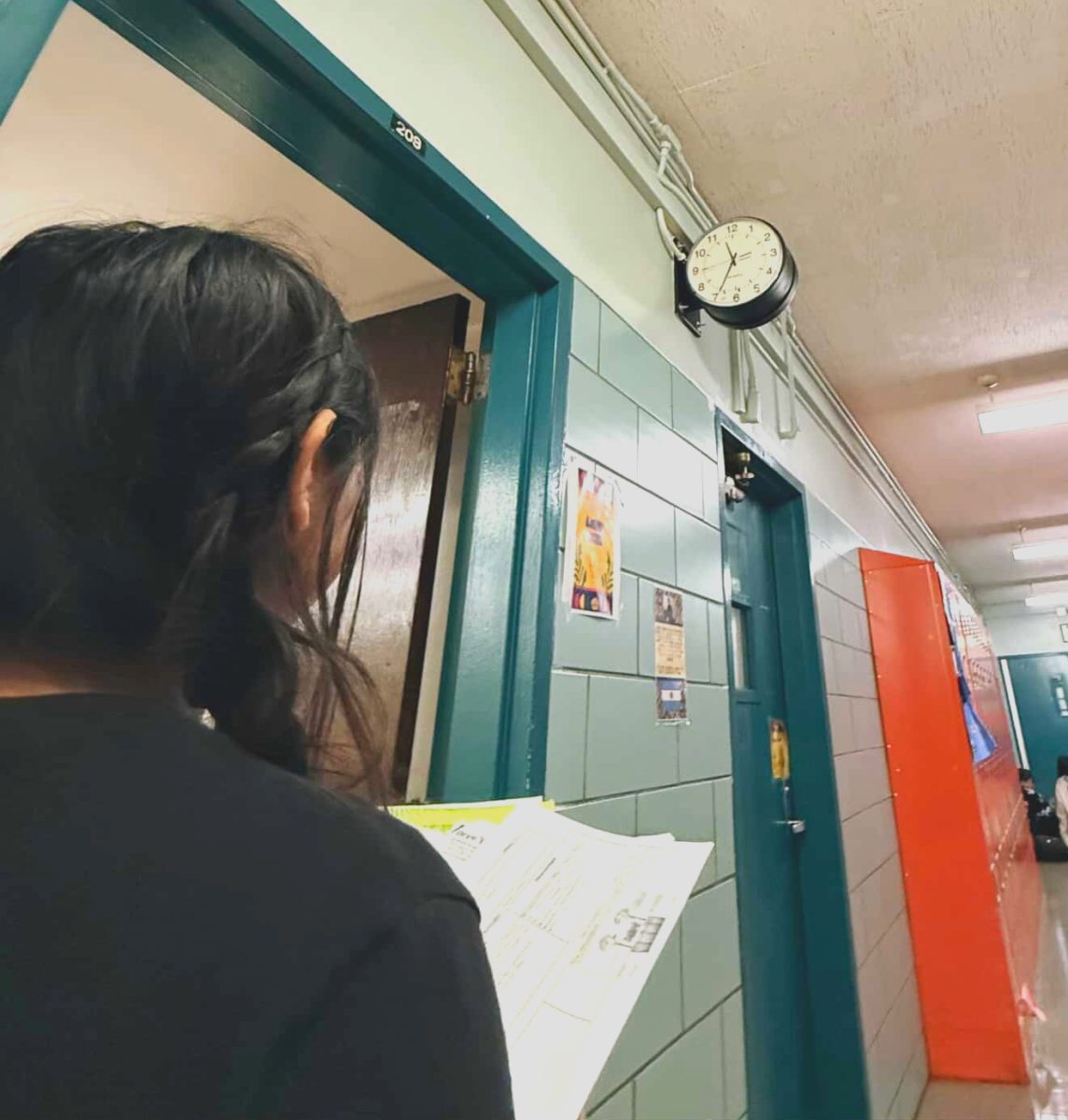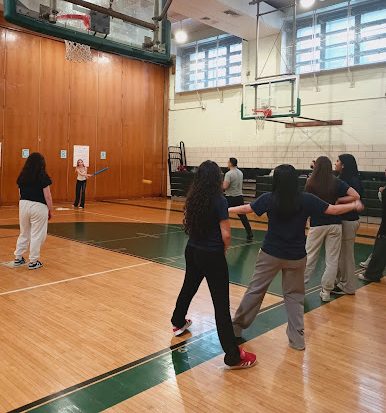Today’s society is riddled with quickly paced academic environments, and students at the NYC Museum School are increasingly struggling to balance school and social life as mental health takes a toll leading to it directly impacting their at-school attendance. While there is a sense of pressure to academically succeed, many students and faculty members are starting to explore the controversial conversation about mental health days and how it weaves into student’s overall well-being.
“If you’re not feeling your best, you’re not gonna do your best,” said Maiya Williams, a guidance counselor at the NYC Museum School. Williams emphasized the domino effect of constantly being absent and the anxiety it brings. Students feel overwhelmed by the work they miss and fall into this constant cycle of avoiding school. “Avoiding it makes it worse,” Williams said.
The Continuous Need for Balance
Junior Amitai Silver has taken two mental health days this school year and admits that balancing school work with social life is a struggle. He feels that classes feel uncoordinated and that teachers do not communicate with each other. “A lot of them (teachers) have tests on the same days, they give projects at the same time, so it becomes a lot of work all at once.” For Silver, mental health days offer him temporary relief from the stress of school but it comes with the stress of having to play catch up. “When you take a day off school, it feels like I’m gonna come back and I’m gonna miss a whole bunch of handouts.”
Senior Maya Soto reflected on her continuously changing perspective on mental health days. “In the past, I did not view mental health days as a reason to miss school and wouldn’t feel comfortable taking a day off for feeling overwhelmed or stressed,” stated Soto. “This year, I feel more comfortable taking days off, but I still feel stressed knowing I have missed work and would need to catch up.”
Ripple Effect
The impact of being absent does not just affect students. Teachers have to find ways to manage grading late assignments and providing additional support for their students. However, Williams believes that the burden affects students while teachers now have to grade late work. The students are still impacted the most as they are the ones struggling with mental health on top of
the academic standards that the school places on them and the ones that they place on
themselves.
Junior Joy Hawkins added to this. “I didn’t go to school because I had a test that day so it made me nervous, so like temporarily I’ll be unstressed for the rest of that week but like the next week it’s a whole new series of things.”
Moving Forward
Students are scared to tell their teachers about their struggles and teachers cannot help those in need if a student doesn’t communicate with them. Students can go to the guidance counselor when they are struggling with a class or with their mental health but that does not guarantee that their struggles are told to a student’s teachers. Proper communication between students and teachers is vital in making sure a student gets back on track and stays on track.




























